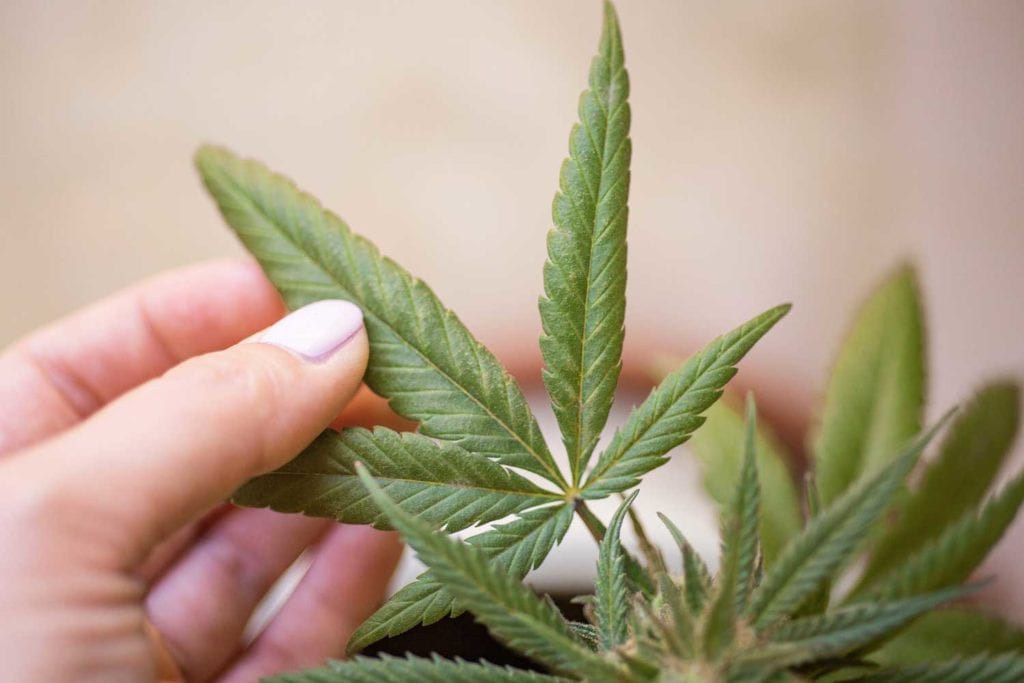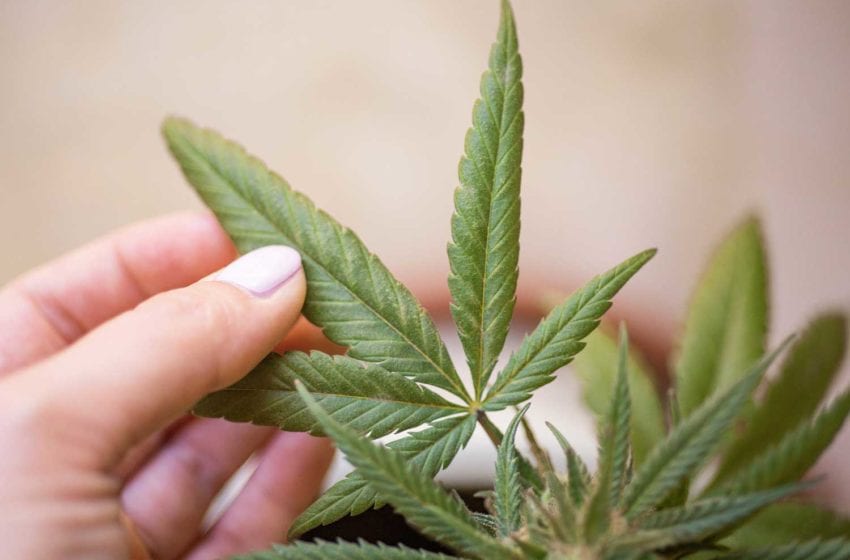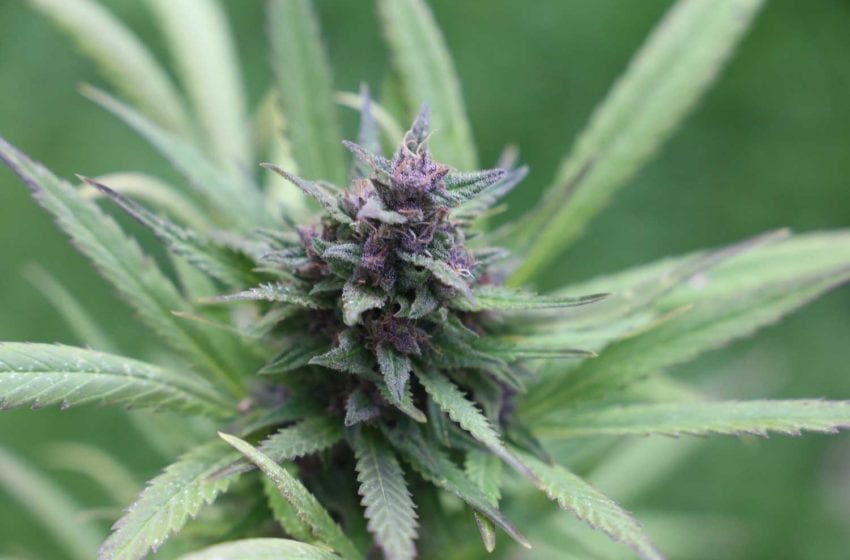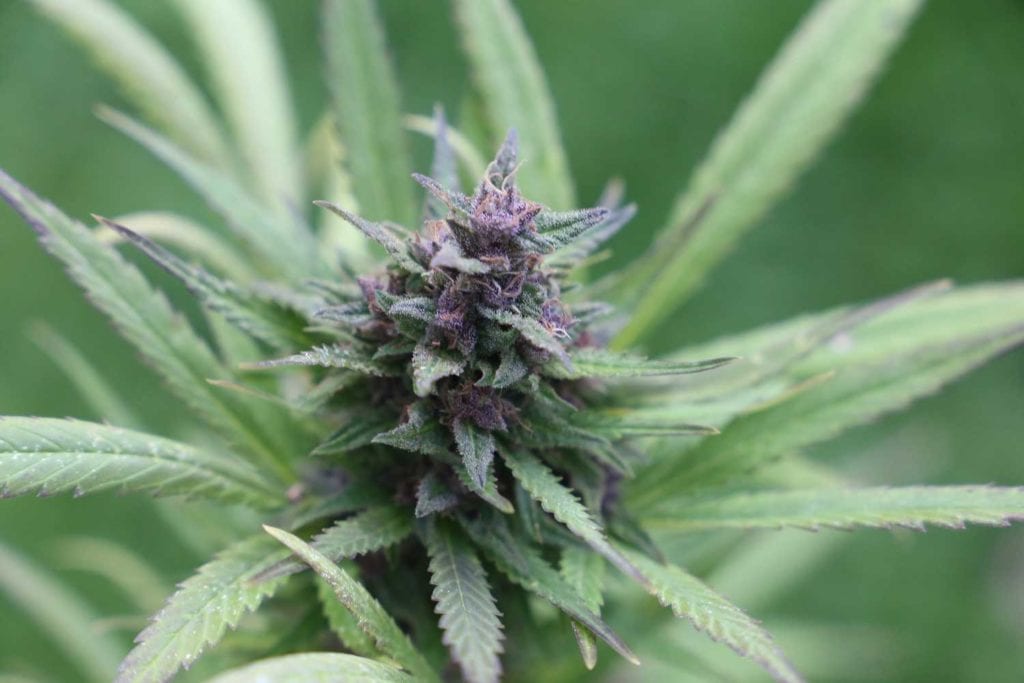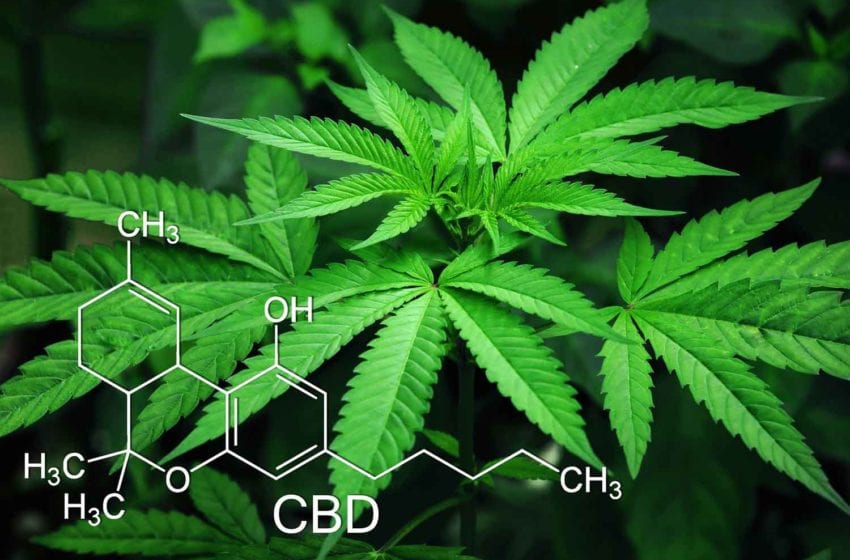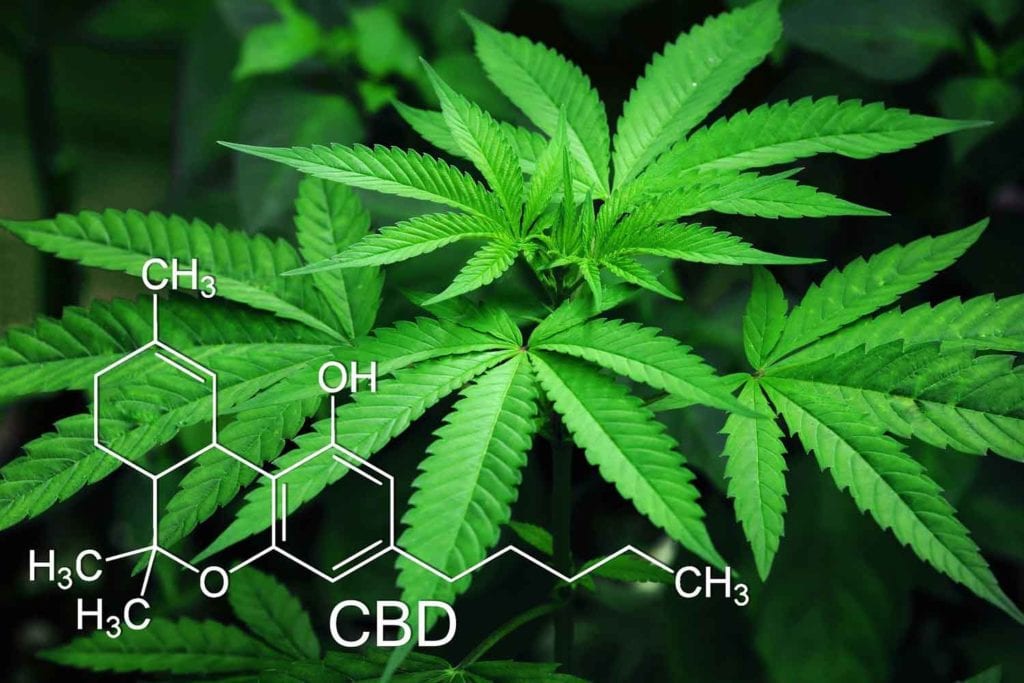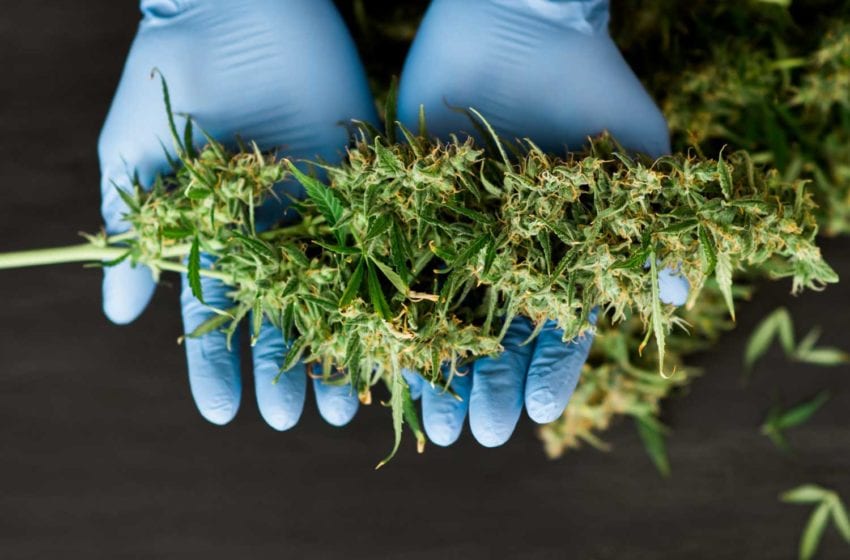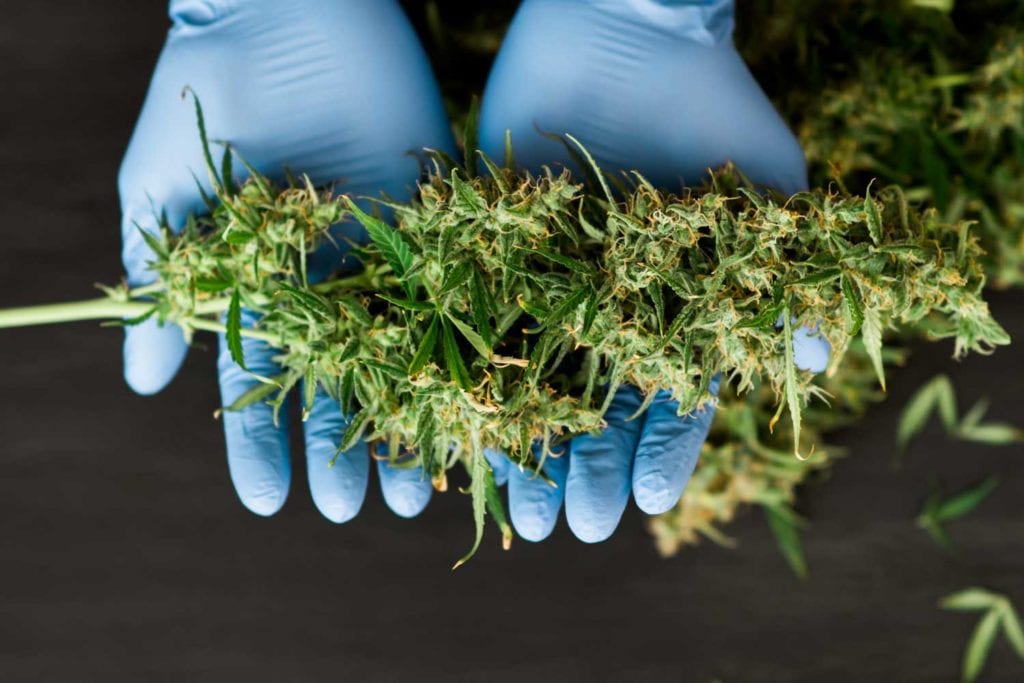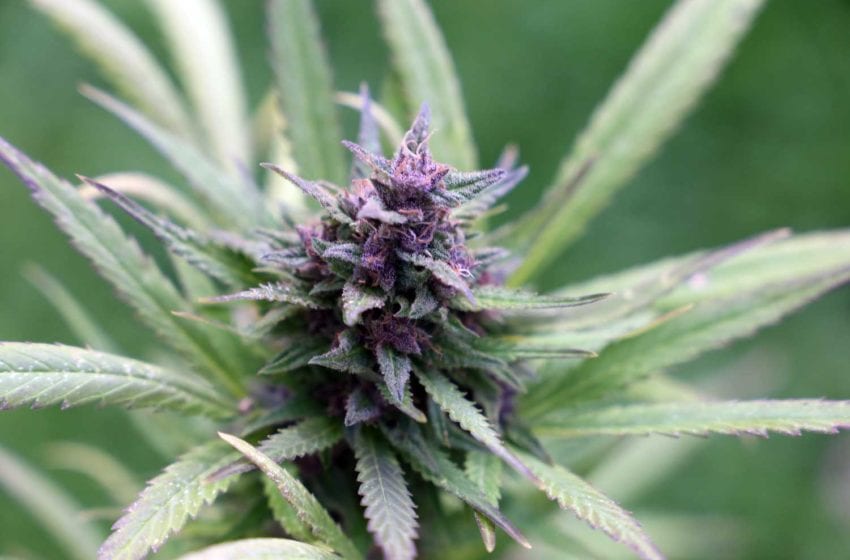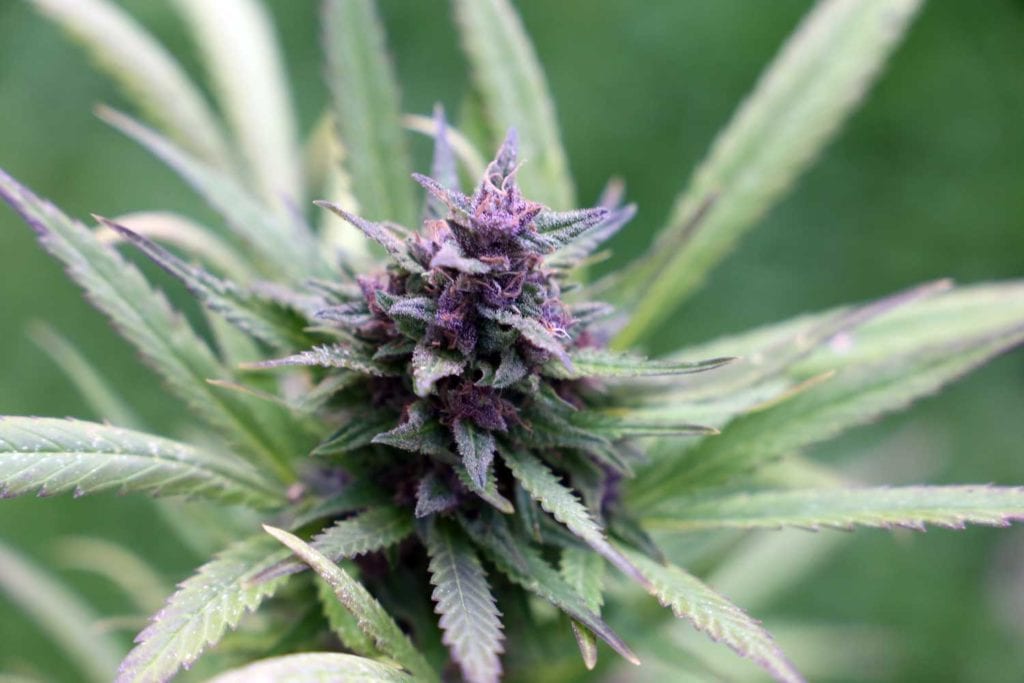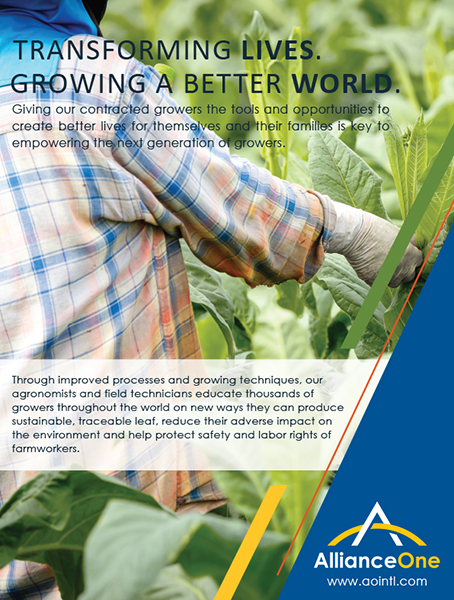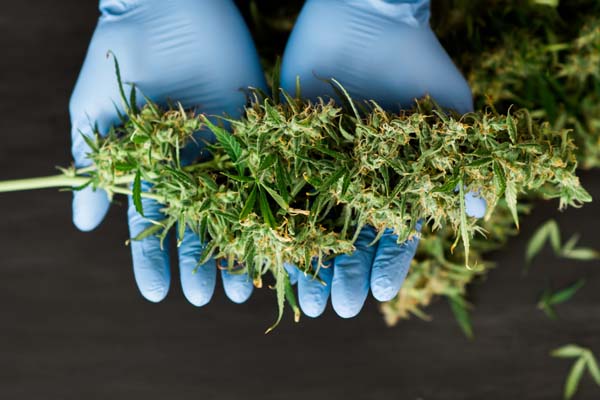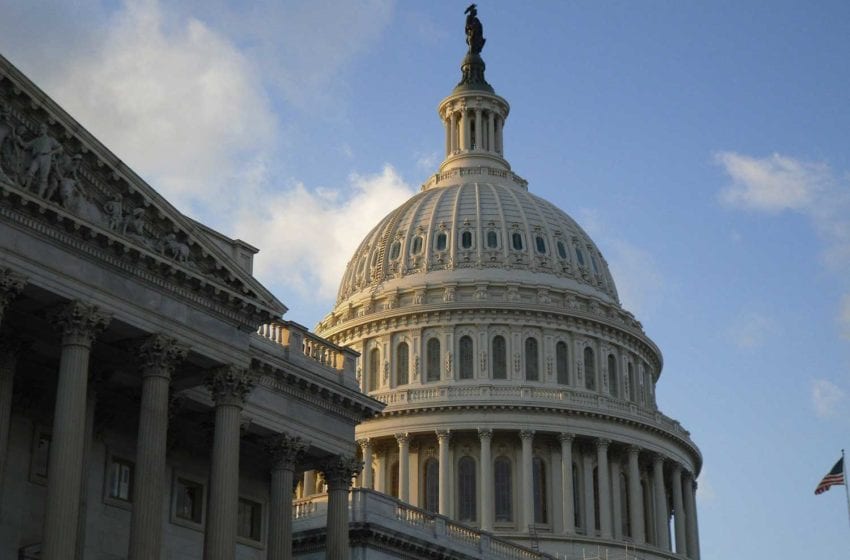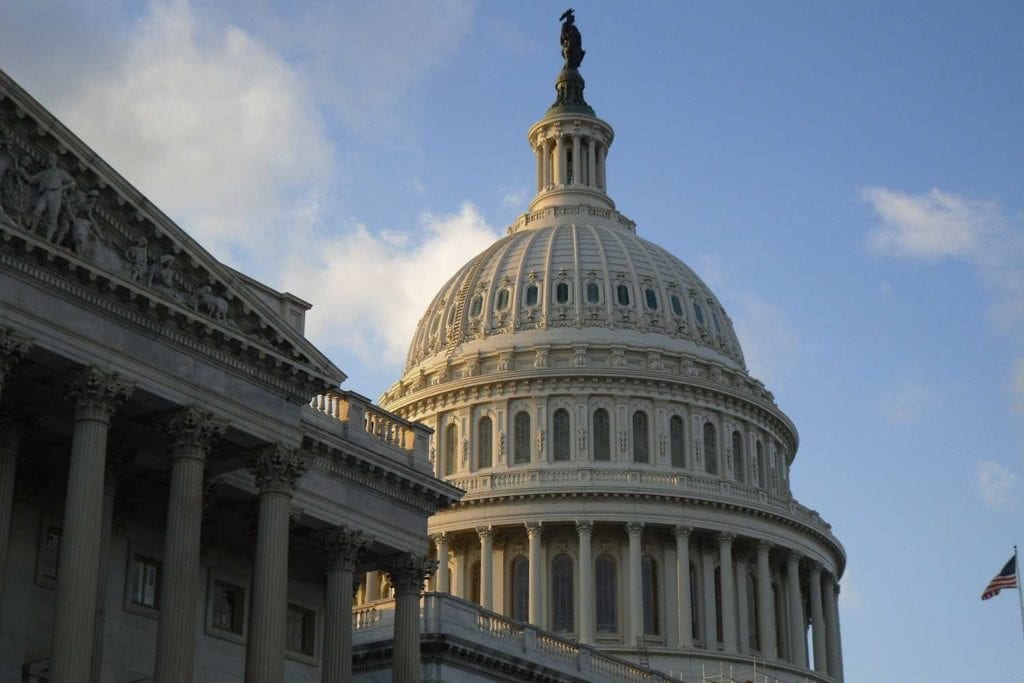Marijuana stocks have risen this week following the victories of Raphael Warnock and Jon Ossoff, both Democrats, in Georgia’s Senate election runoffs, reports Fox Business. Following President-elect Joe Biden’s win, Democrats will now have control of the presidency as well as both chambers of Congress. Democrats will have 50 seats in the Senate, giving Vice President-elect Kamala Harris the tie-breaker vote.
Canopy Growth, the first marijuana stock to ever be publicly traded in North America, is up 13.2 percent since the election. Shares of Green Thumb stock are up more than 10 percent.
“This new slate of leadership presents an incredible opportunity for national cannabis reform in the United States—the beginning of the end for the long-outdated prohibition on cannabis,” David Culver, U.S. vice president of government relations at Canopy Growth, told Fos Business. “We feel confident that Congress, with the support of the incoming Biden administration, and particularly Vice President-elect Kamala Harris who was an original sponsor of the MORE [Marijuana Opportunity Reinvestment and Expungement] Act, can achieve full federal legalization in the very near future.”
The Marijuana Opportunity Reinvestment and Expungement Act (MORE) Act was passed by the House in December, but Senate Majority Leader Mitch McConnell denied bringing it to a Senate vote. This may change under the incoming Biden administration, however.
While Harris was against marijuana legalization while working as district attorney and attorney general in California, she changed her position in the Senate to co-sponsor the MORE Act. Biden, as well, favored decriminalizing marijuana during his 2020 presidential campaign.
Green Thumb Founder and CEO Ben Kovler predicts that a fully legalized marijuana market in the United States could be an $80 billion to $100 billion industry, according to Fox Business.
“Consumers are choosing; they’re replacing alcohol,” Kovler said. “Consumers 35 and under are choosing cannabis over alcohol. We’re seeing seniors, 60 and over, choose this to replace things like Ambien, or pain meds [for] arthritis. There are all kinds of different uses for the plants as we turn the plants into consumer products.”
Further legalization of marijuana could open new opportunities for tobacco farmers faced with declining demand for their crops.
In 2018, U.S. Congress legalized hemp with less than 0.3 percent THC, the psychoactive component in cannabis, in all 50 states. Since then, some tobacco farmers have either shifted to growing hemp or added it to their repertoire as an additional income source. Some major tobacco companies have taken stakes in the cannabis industry in recent years. Altria Group, for example, purchased a stake in Cronos Group, a leading global cannabinoid company, headquartered in Toronto, Canada. Pyxus International, the parent company of leaf tobacco merchant Alliance One International, purchased a 40 percent share in Criticality, an integrated industrial hemp company.
The global industrial hemp market size is expected to reach $15.26 billion by 2027, exhibiting a revenue-based compound annual growth rate (CAGR) of 15.8 percent over the forecast period, according to Grand View Research. Additionally, according to Global Market Insights, the cannabidiol (CBD) market exceeded $2.8 billion in 2019 and is set to grow at around 52.7 percent CAGR between 2020 and 2026, with the global market valuation for CBD crossing $89 billion by 2026.
The opportunities presented by legal marijuana extend also to suppliers of the tobacco industry. For example. German tobacco machinery maker Hauni recently developed equipment or cannabis processing.
